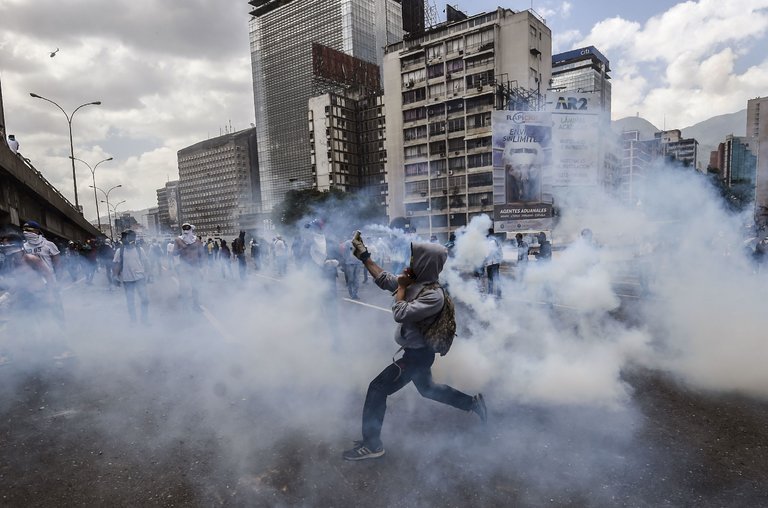
When Hugo Chávez took power in Venezuela nearly 20 years ago, the leftist populism he championed was supposed to save democracy. Instead, it has led to democracy’s implosion in the country, marked this past week by an attack on the independence of its Legislature.
Venezuela’s fate stands as a warning: Populism is a path that, at its outset, can look and feel democratic. But, followed to its logical conclusion, it can lead to democratic backsliding or even outright authoritarianism.

Populism does not always end in authoritarianism. Venezuela’s collapse has been aided by other factors, including plummeting oil prices, and democratic institutions can check populism’s darker tendencies.
The country is feeling the fundamental tensions between populism and democracy that are playing out worldwide. Those tensions, if left unchecked, can grow until one of those two systems prevails. But although countries must choose which system to follow, the choice is rarely made consciously, and its consequences may not be clear until it is too late.
Hi! I am a robot. I just upvoted you! I found similar content that readers might be interested in:
https://www.nytimes.com/2017/04/01/world/americas/venezuela-populism-authoritarianism.html?_r=0
The large collapse in Venezuela revolves around the syndicate unions centralization of power in the current times. The shift away from centralized government authority to centralized syndicate authority has definitely destabilized the economy and driven disparity between the people and their government.
Yes, it is @semantralist!